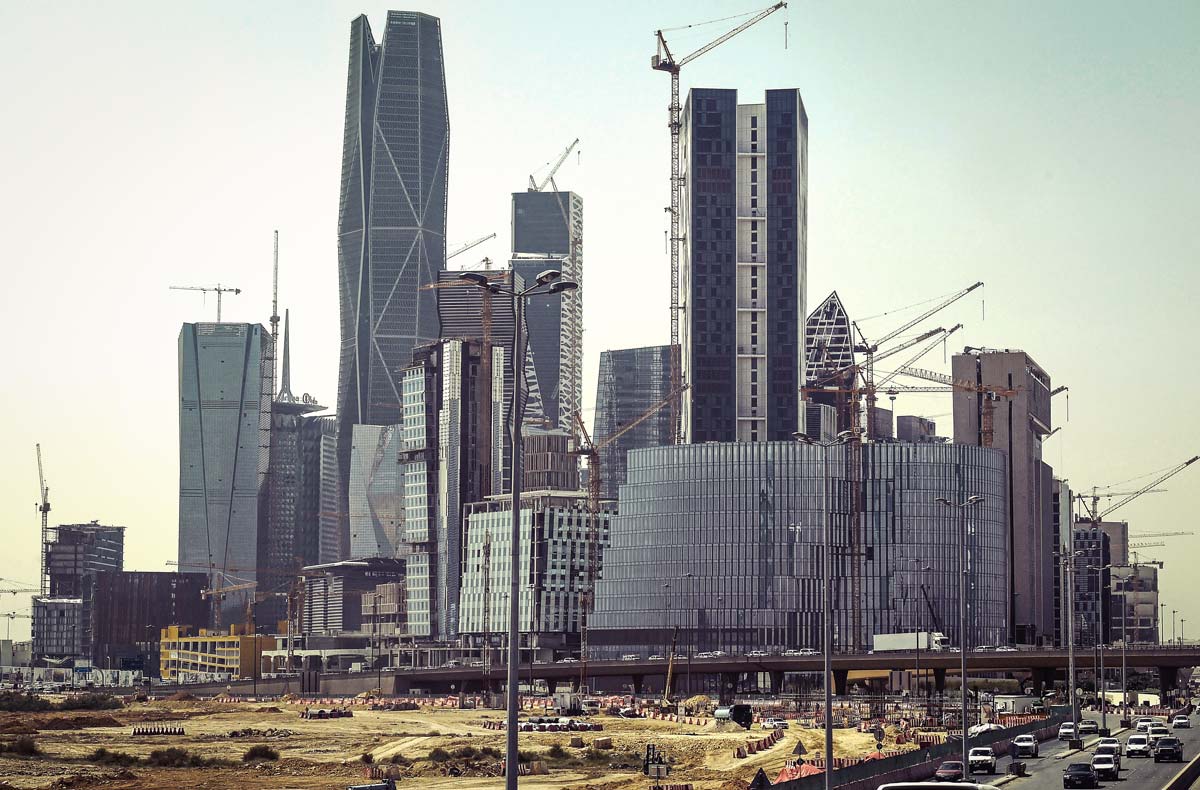Saudi Arabia is witnessing a monumental surge in construction activity, driven by the nation's ambitious Vision 2030 plan. This economic diversification strategy aims to lessen the country's reliance on oil and propel it towards a knowledge-based economy. The most prominent manifestation of this transformation is the flourishing construction sector, teeming with projects like NEOM, a futuristic mega-city, and the Red Sea Project, a luxurious tourism destination.
This construction boom is largely fueled by government investment. Saudi Arabia boasts the highest construction growth rate and market share compared to its neighbors. A staggering 70% of the country's $1.1 trillion unawarded projects pipeline falls under construction, signifying a robust market currently valued at $70 billion. Industry experts predict this figure to balloon to over $91 billion by 2029, solidifying Saudi Arabia's position as a regional construction powerhouse.
This government backing has ignited a domino effect, attracting leading regional and international construction firms eager to participate in the kingdom's growth story. Barry Lewis, CEO of ALEC, a prominent regional construction company, highlighted this trend in a recent interview. He described Saudi Arabia as the epicenter of a thrilling phenomenon within the construction industry.
The Vision 2030 plan is not merely about building extravagant giga-projects; it encompasses the development of essential infrastructure. This includes a significant investment in transportation networks, with a focus on high-speed railways and modern airports. These advancements aim to enhance connectivity within the kingdom and position it as a global trade and tourism hub.
Furthermore, the construction boom is creating substantial employment opportunities for Saudi nationals. The government is actively implementing programs to equip its workforce with the necessary skills to thrive in this flourishing sector. This focus on localization aims to not only reduce dependence on foreign labor but also empower Saudi citizens to play a pivotal role in shaping their nation's future.
However, challenges remain. Ensuring sustainable practices and adherence to environmental regulations will be crucial as construction flourishes. Additionally, integrating new technologies like Building Information Modeling (BIM) can optimize project efficiency and minimize environmental impact.
As Saudi Arabia embarks on this ambitious construction journey, the world watches with keen interest. The kingdom's success in navigating these challenges and achieving its Vision 2030 goals will not only reshape its own landscape but also potentially serve as a blueprint for other developing nations seeking economic diversification.

